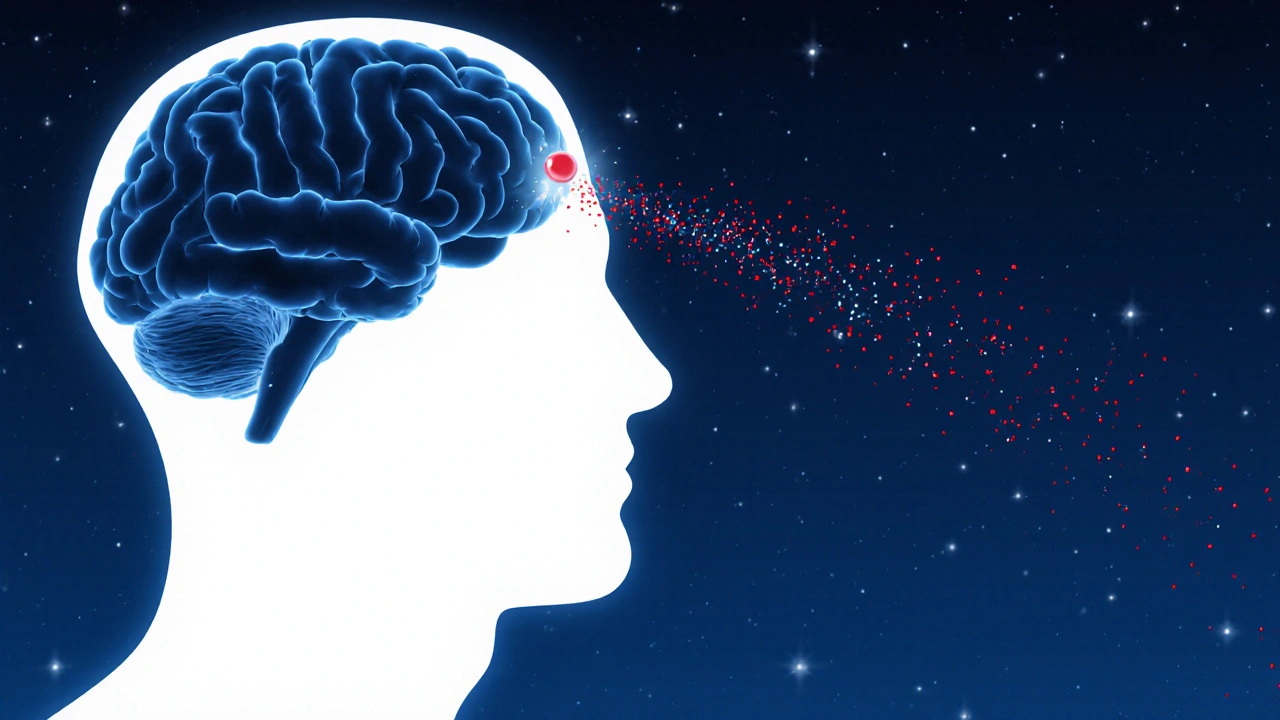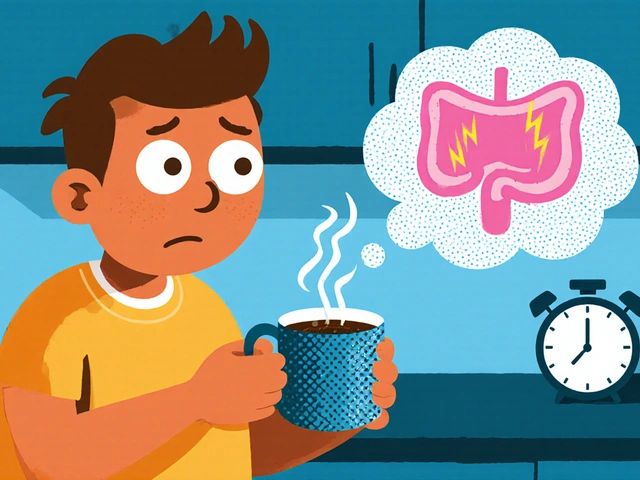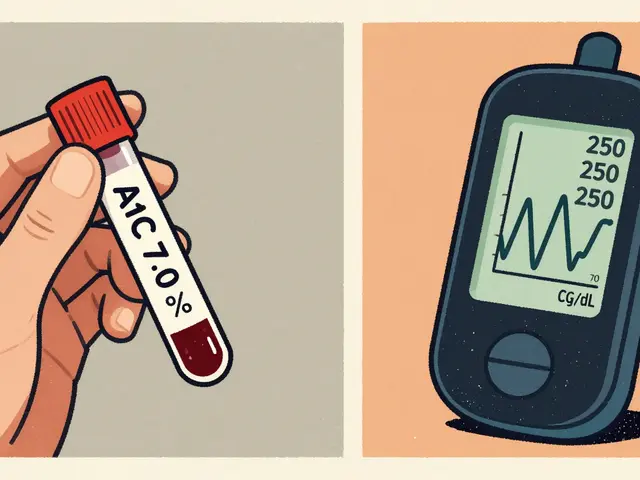Melatonin: What It Is, How It Works, and What You Need to Know
When you struggle to fall asleep, your body might be low on melatonin, a hormone your brain produces naturally to signal it's time to sleep. Also known as the sleep hormone, it’s not a sedative—it’s more like a quiet reminder to your body that night is here. Unlike pills that knock you out, melatonin helps reset your internal clock, especially when your routine’s thrown off by jet lag, night shifts, or just too much screen time before bed.
It’s made in the pineal gland, and production drops when your eyes see light—especially blue light from phones and laptops. That’s why scrolling before bed makes it harder to fall asleep. Your body knows it’s not nighttime, so it holds off on releasing melatonin. People with circadian rhythm, the body’s natural 24-hour cycle that controls sleep, hunger, and hormone release disorders often use melatonin to realign their schedule. Older adults, whose bodies make less of it naturally, also find it helpful. But it’s not a magic fix for everyone. If your insomnia comes from anxiety, pain, or poor sleep habits, melatonin alone won’t fix it.
Not all melatonin supplements are the same. Doses range from 0.3 mg to 10 mg, and studies suggest lower doses (around 0.5–1 mg) work just as well as higher ones—with fewer side effects like grogginess or headaches. Timing matters too. Taking it too early or too late can mess with your rhythm even more. Most people benefit from taking it 30–60 minutes before bed. And while it’s sold over the counter, it’s still a hormone. Long-term use? Not well studied. Some people use it for months without issue; others notice their body stops responding. That’s why it’s smart to use it short-term, like during travel or after a schedule change, not every night for years.
There’s more to melatonin than sleep. Research shows it plays a role in immune function, inflammation, and even antioxidant activity. But don’t rush to take it for other reasons. The science isn’t strong enough yet to support using it for cancer, aging, or depression outside of clinical trials. Stick to what it’s best known for: helping your body know when to sleep.
What you’ll find below are real, practical posts about melatonin—not just how to take it, but how it interacts with other meds, what it can and can’t do for your sleep, and how to use it without side effects. From people using it with antidepressants to those trying it for shift work, these guides cut through the noise and give you what actually works.

Explore how melatonin acts as both a sleep hormone and a powerful antioxidant, its role in fighting free radicals, and practical ways to boost this dual benefit.
Continue Reading





